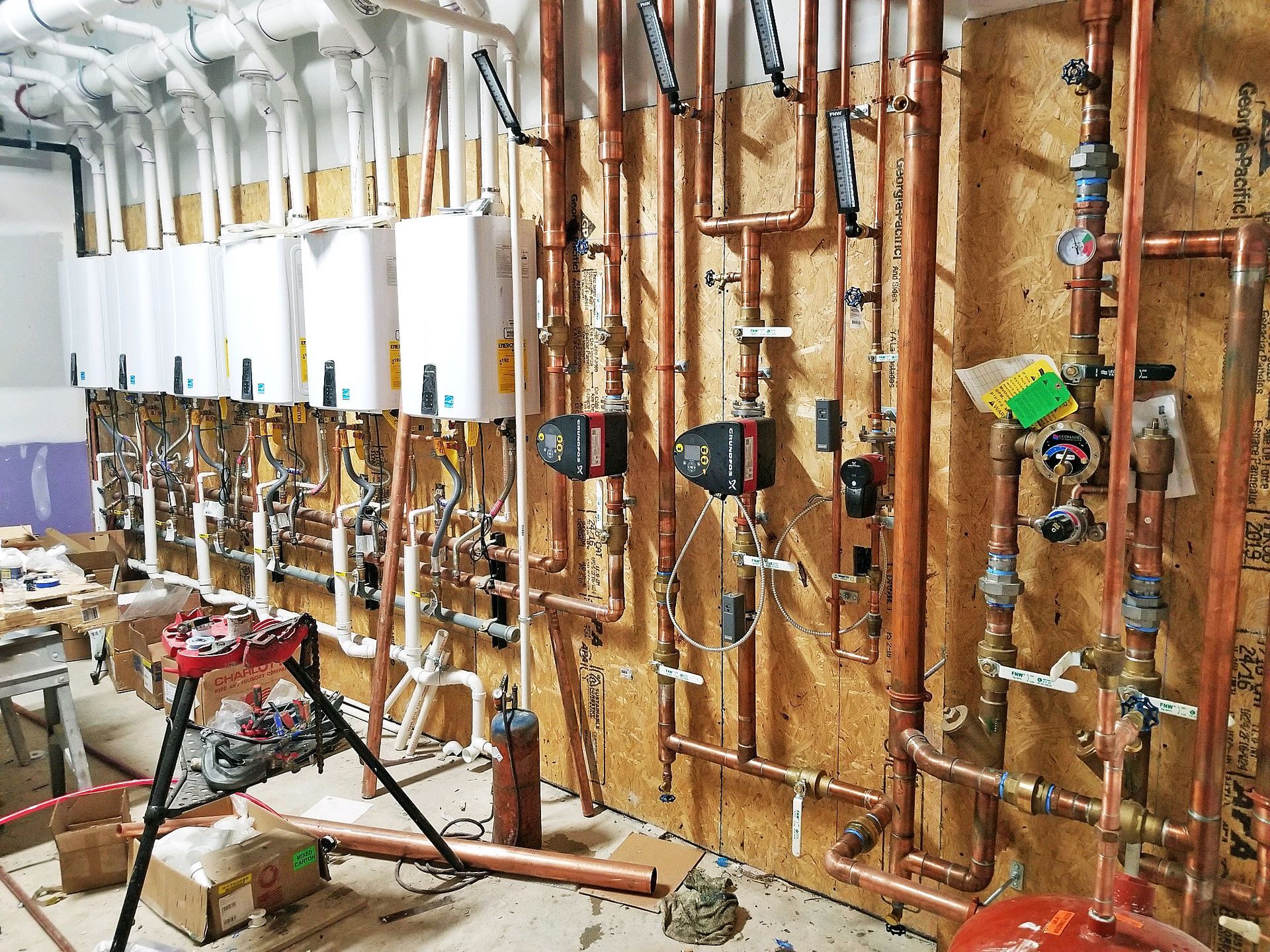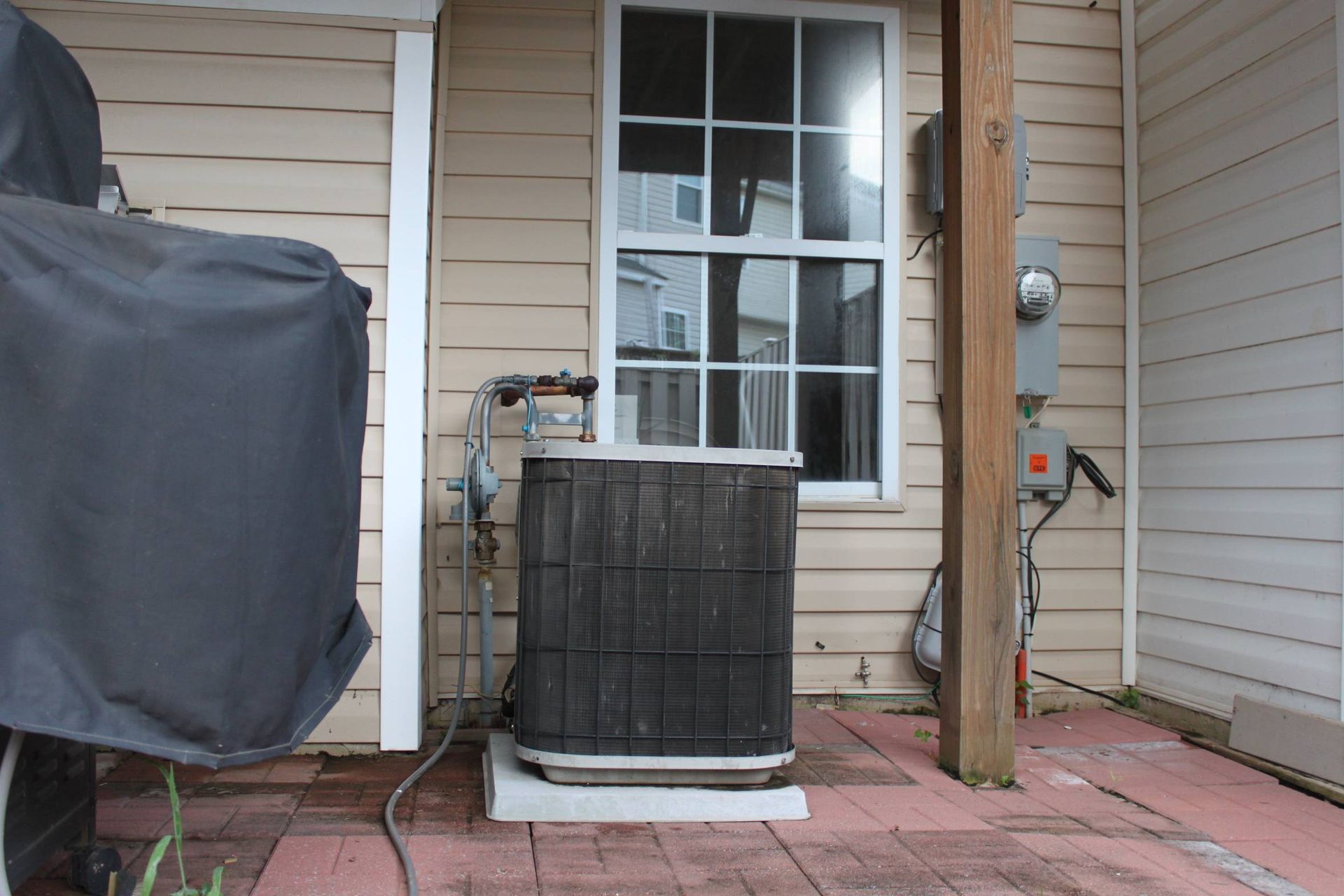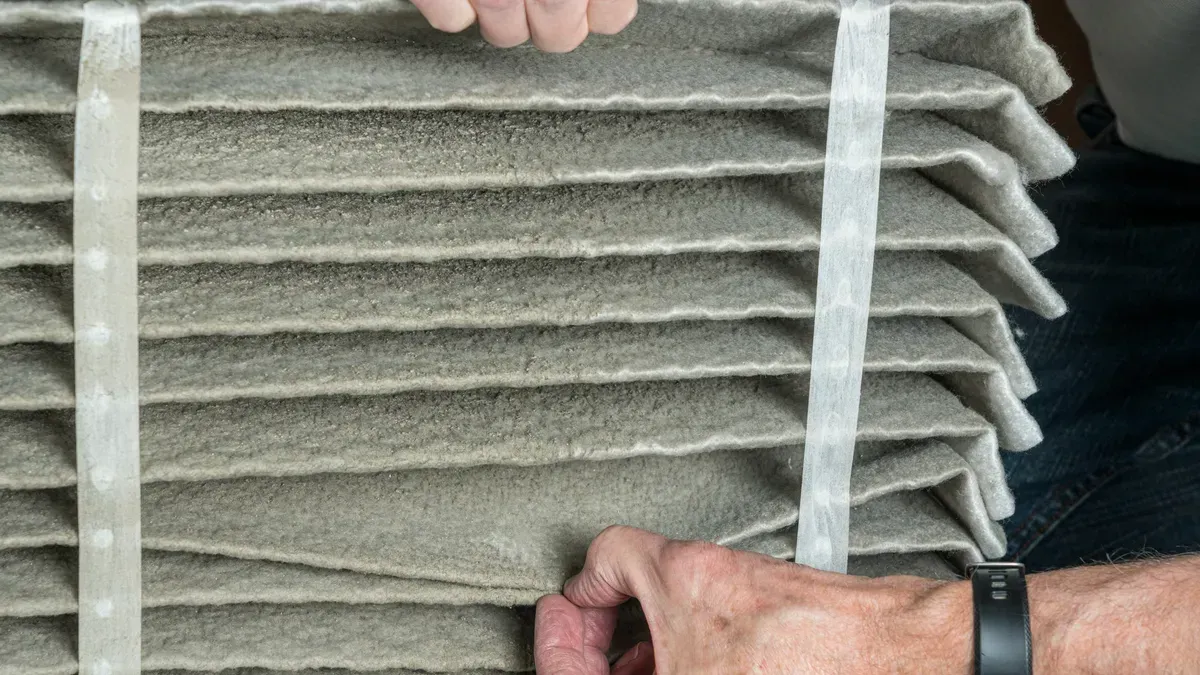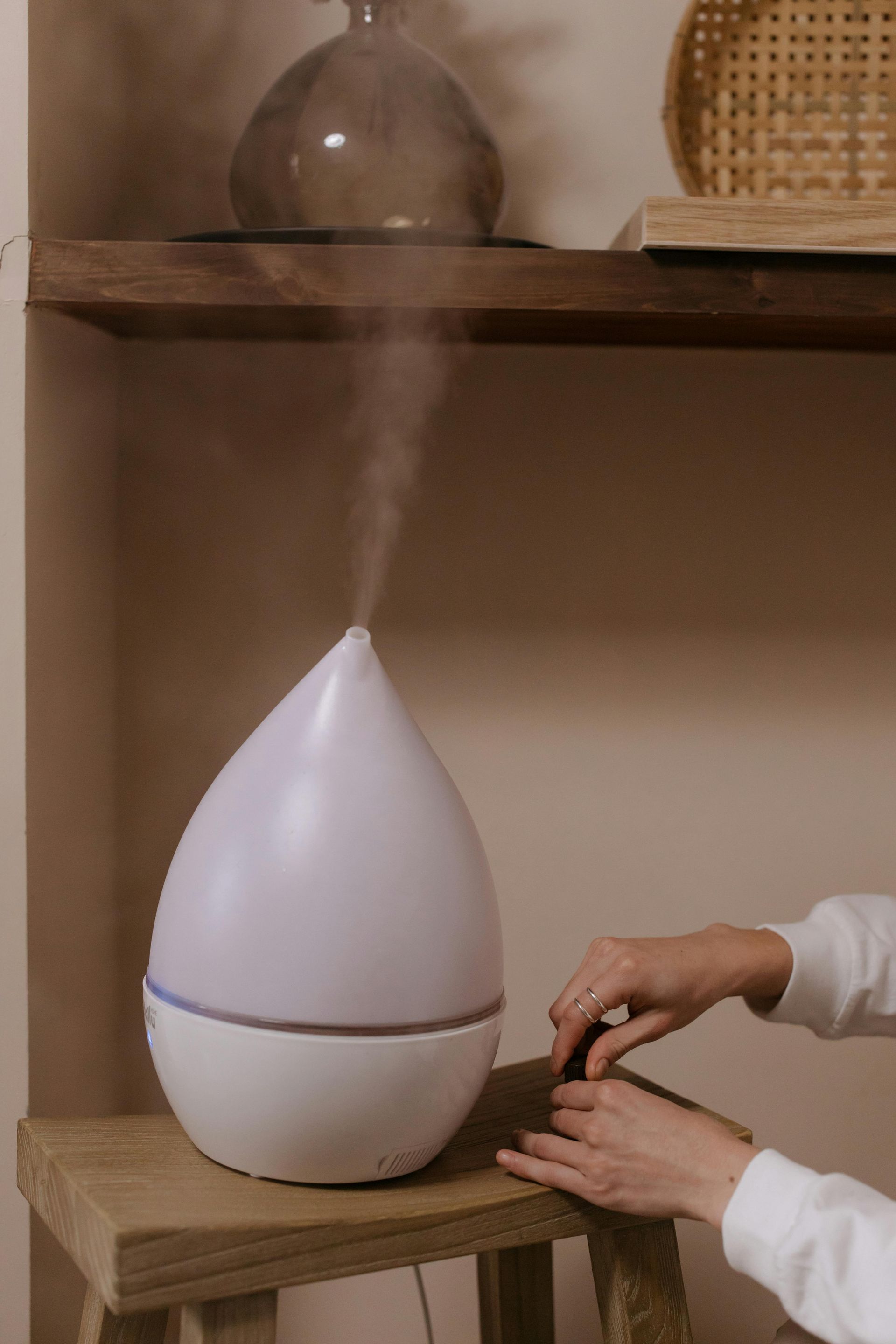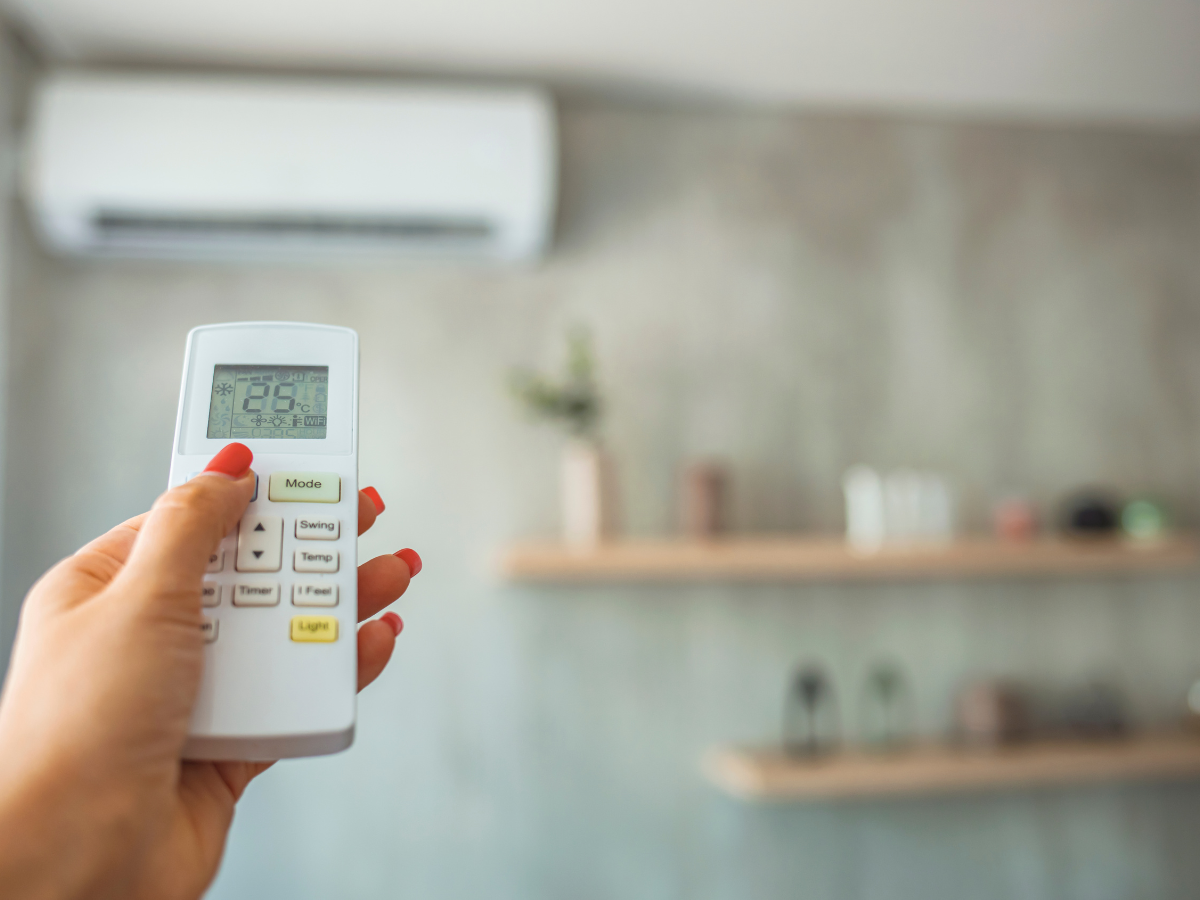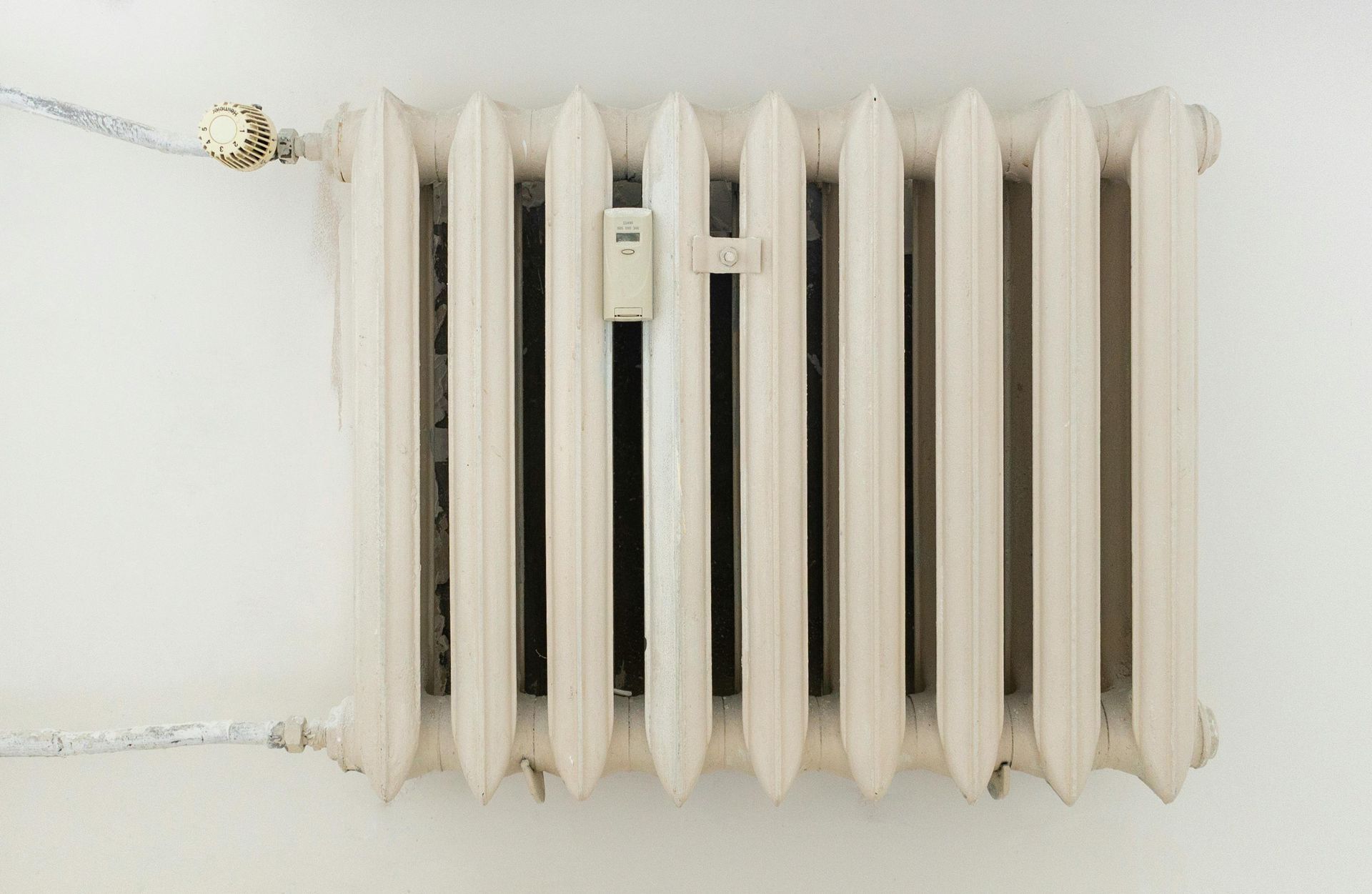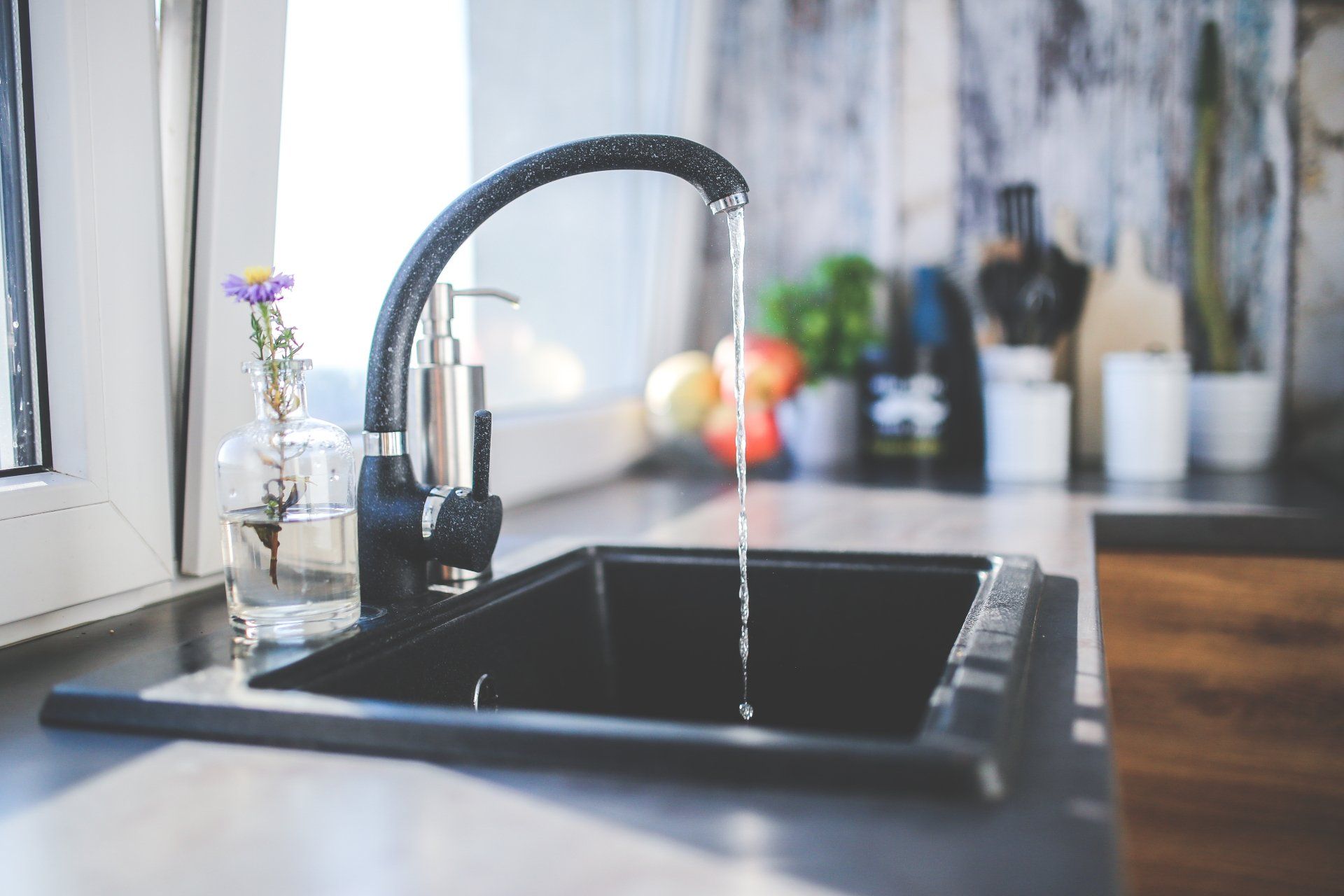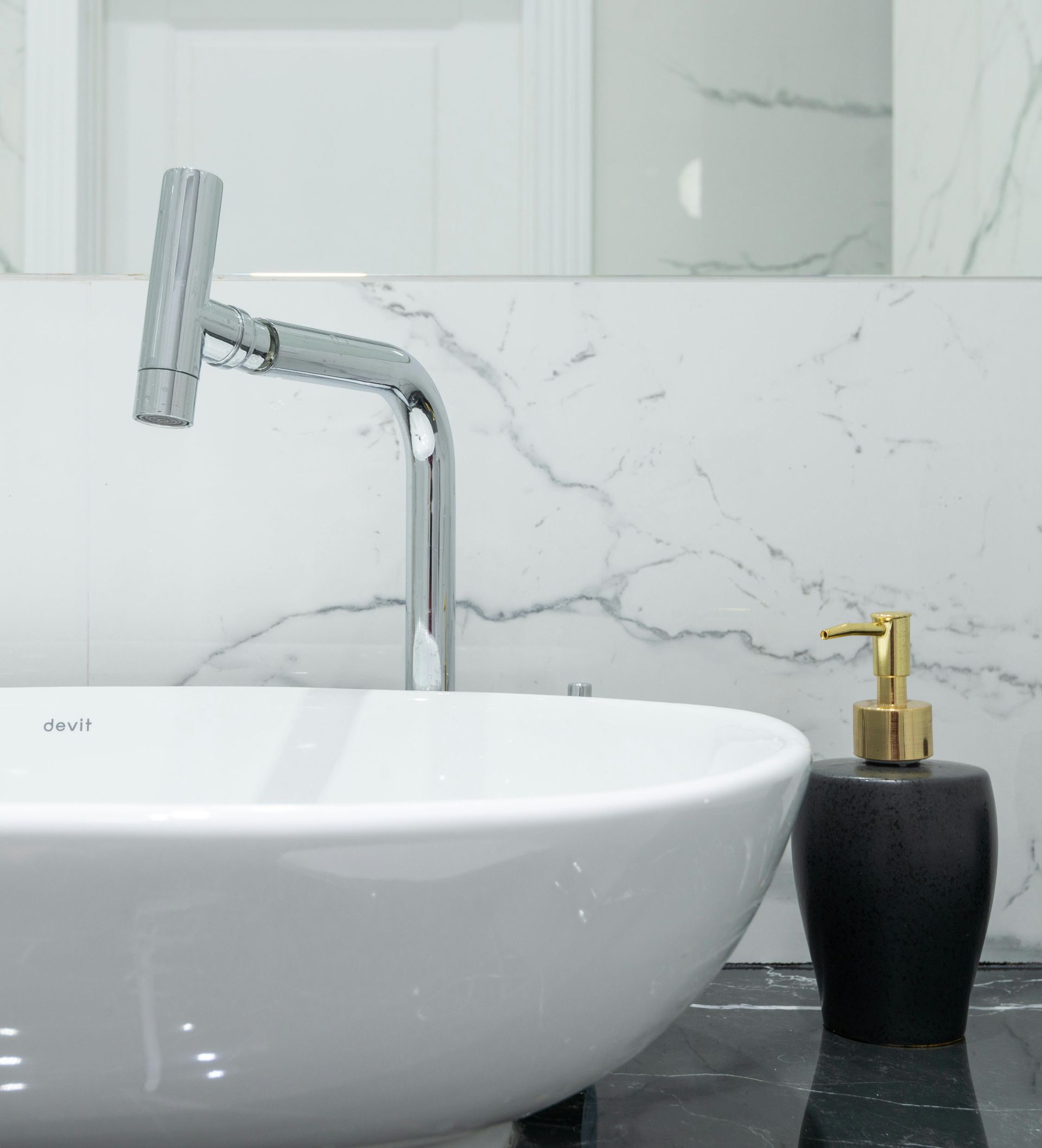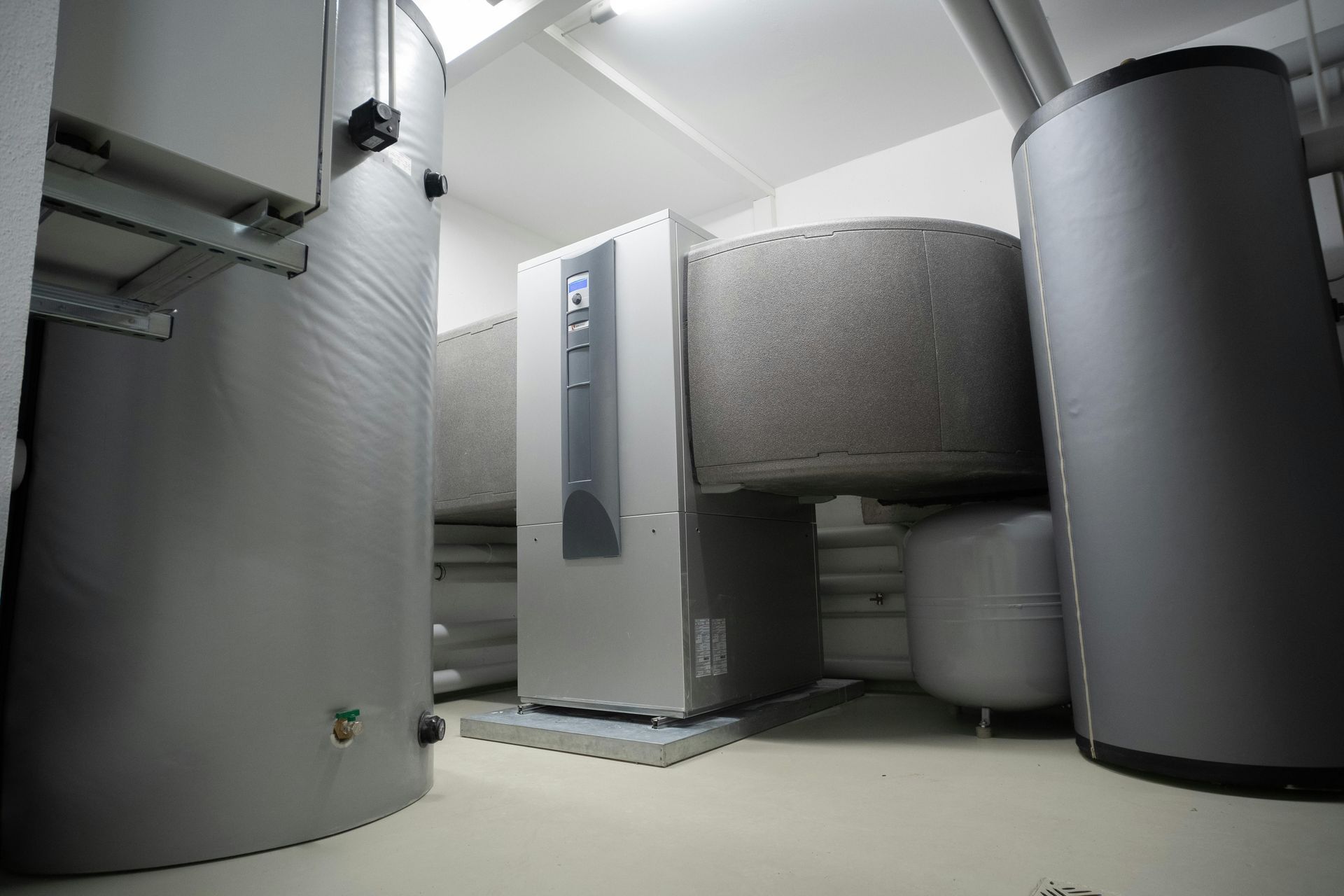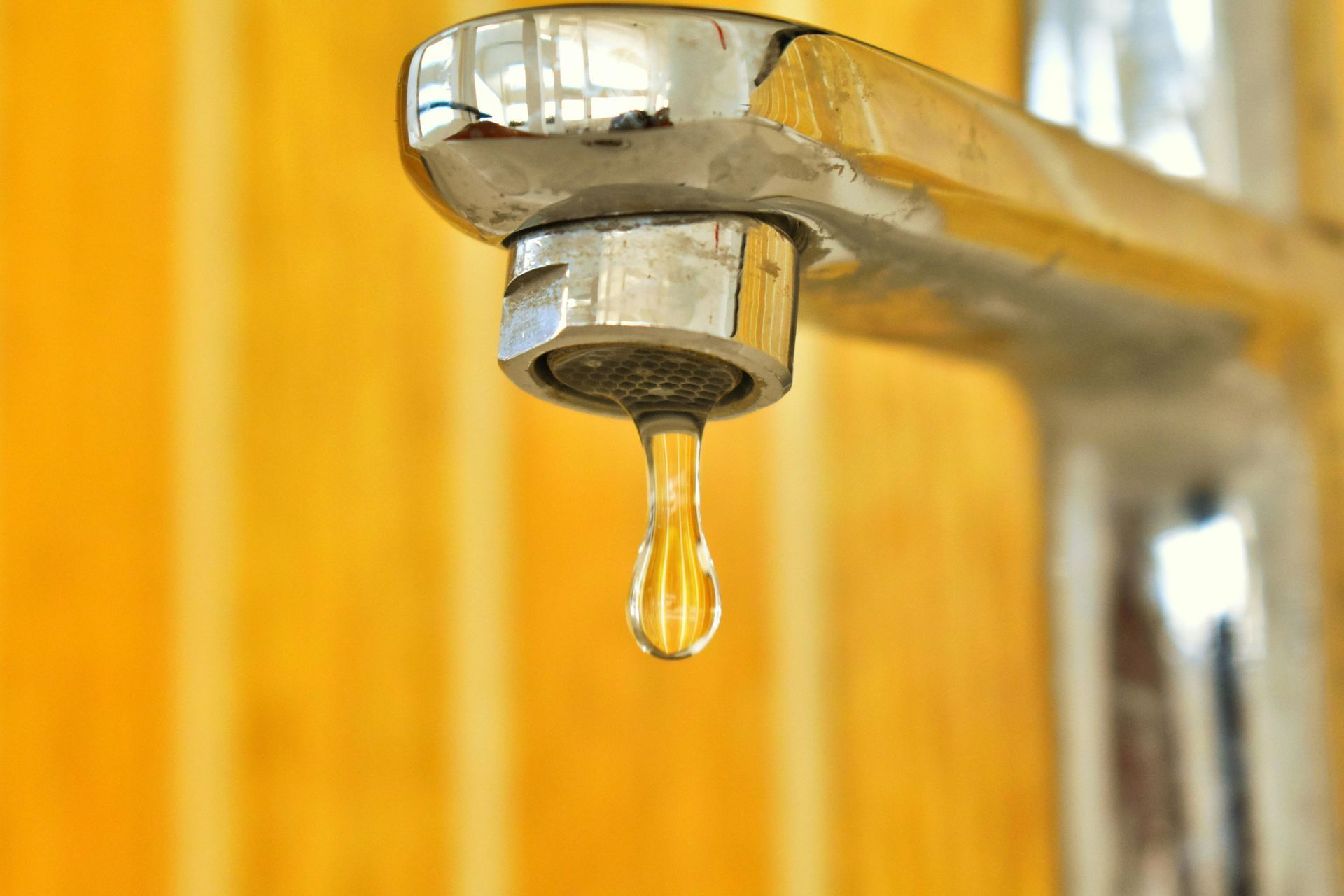Spring HVAC Maintenance Checklist: Get Your System Ready for Warmer Weather
With the arrival of spring, it's essential to prepare your HVAC system for the warmer months ahead. As temperatures rise, your air conditioning unit will become your best friend. To ensure it runs smoothly and efficiently throughout the season, a comprehensive spring
HVAC maintenance checklist is crucial. This guide will walk you through the steps to get your system ready, from inspecting the best central air conditioning units to understanding how often to change furnace filters. Let's dive in!
Photo By: Home Improvement
Why Spring HVAC Maintenance is Important
Spring is the perfect time to conduct maintenance on your HVAC system. After a long winter, your system may have accumulated dirt and debris that could hinder its performance. Regular maintenance not only extends the life of your equipment but also improves efficiency, reduces energy costs, and prevents unexpected breakdowns.
Benefits of Regular HVAC Maintenance
- Improved Efficiency: A well-maintained system operates more efficiently, using less energy to cool your home.
- Cost Savings: By preventing major repairs and extending the lifespan of your system, you save on potential costly replacements.
- Enhanced Comfort: Proper maintenance ensures consistent temperatures and better air quality.
- Peace of Mind: Knowing your system is in top shape gives you confidence that it won't fail during the hottest days.
Spring HVAC Maintenance Checklist
Here's a step-by-step checklist to help you maintain your HVAC system this spring:
1. Inspect and Clean Air Filters
One of the simplest yet most critical tasks is checking your air filters. Dirty filters restrict airflow, making your system work harder and less efficiently. So, how often should you change the furnace filter? Ideally, check it every month and replace it every 1-3 months, depending on the usage and if you have pets or allergies.
2. Check the Thermostat
Ensure your thermostat is functioning correctly and set to the right temperature. Consider upgrading to a programmable or smart thermostat for better control and efficiency.
3. Clean the Outdoor Unit
Your outdoor condenser unit can accumulate dirt, leaves, and other debris over time. Clear away any obstructions and gently clean the fins with a garden hose to ensure proper airflow. Be cautious not to damage the delicate fins.
4. Inspect Ductwork
Check your home's ductwork for any signs of leaks or damage. Sealing these leaks can significantly improve your system's efficiency and reduce energy bills.
5. Test AC Performance
Turn on your air conditioning unit to ensure it's blowing cold air. If the AC is not blowing as it should, it might be time to call a professional for a thorough inspection.
6. Inspect Electrical Connections
Carefully examine electrical connections and components for signs of wear or damage. Tighten any loose connections to prevent future issues.
Commercial HVAC Preventative Maintenance
For business owners, maintaining a commercial HVAC system is equally important. Regular checks and maintenance can prevent costly repairs and downtime. Here are some additional tips for commercial systems:
- Schedule bi-annual professional maintenance checks.
- Regularly inspect belts and pulleys for wear and tear.
- Monitor refrigerant levels and top them up if necessary.
- Ensure all moving parts are lubricated to minimize friction and wear.
Choosing the Best Central Air Conditioning Units
If your current system is old or inefficient, it might be time to consider a replacement. When shopping for the best central air conditioning units, consider the following factors:
- Energy Efficiency: Look for units with high SEER (Seasonal Energy Efficiency Ratio) ratings for better efficiency.
- Size: Ensure the unit is properly sized for your home to maximize efficiency and comfort.
- Features: Consider features like variable speed fans, dehumidification capabilities, and smart home compatibility.
When to Call a Professional
While many maintenance tasks can be done yourself, some situations require professional expertise. Call a technician if:
- Your AC is not blowing cold air despite basic troubleshooting.
- You notice unusual noises or smells coming from the unit.
- There are persistent issues with temperature regulation.
- It's been over a year since the last professional inspection.
Photo By: CNET
How Often to Change Furnace Filter
Changing your furnace filter is a simple yet crucial part of HVAC maintenance. As a rule of thumb, check your filter monthly and replace it every 1-3 months, especially during peak usage periods. This keeps your system running efficiently and maintains good indoor air quality.
Final Thoughts
At Nauman Inc., we know that regular HVAC maintenance is crucial for achieving optimal comfort and energy efficiency in your home. Following our spring HVAC maintenance checklist ensures that your air conditioning system is prepared for the warmer months ahead. Whether you're a homeowner or a business owner, these essential maintenance steps will help you keep your HVAC system running smoothly, ultimately saving you time and money.
To prevent costly breakdowns, it's vital to address any potential issues early on. If your AC is not blowing cold air or it’s been over a year since your last professional HVAC inspection, don't hesitate to contact Nauman Inc. Our team of skilled technicians specializes in commercial HVAC preventative maintenance and can guide you in selecting the best central air conditioning units tailored to your needs.
Contact us today to schedule your HVAC maintenance service and ensure your system operates at peak performance all season long. Breathe easy this spring with Nauman Inc.—your trusted partner for all your HVAC needs!
